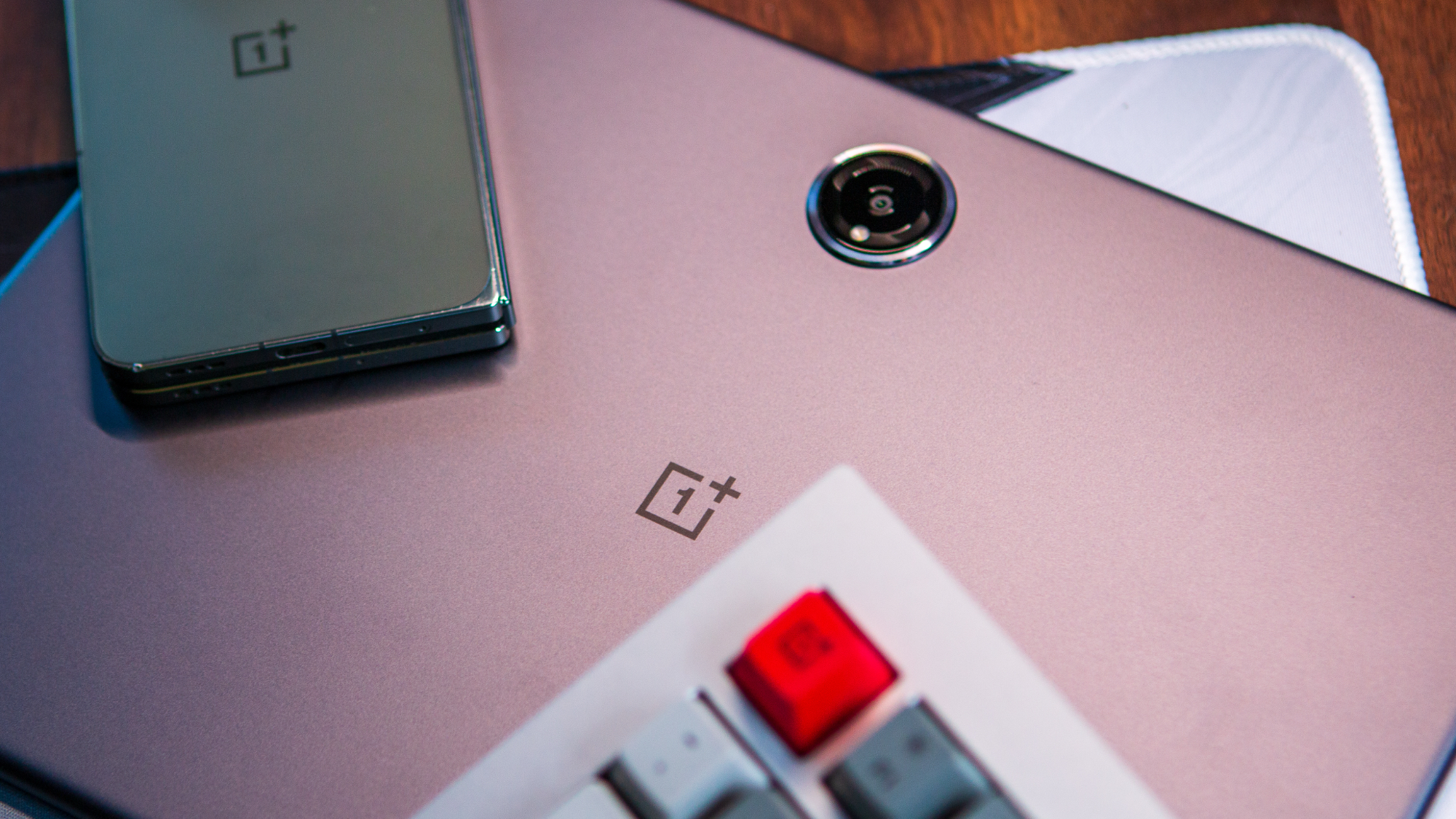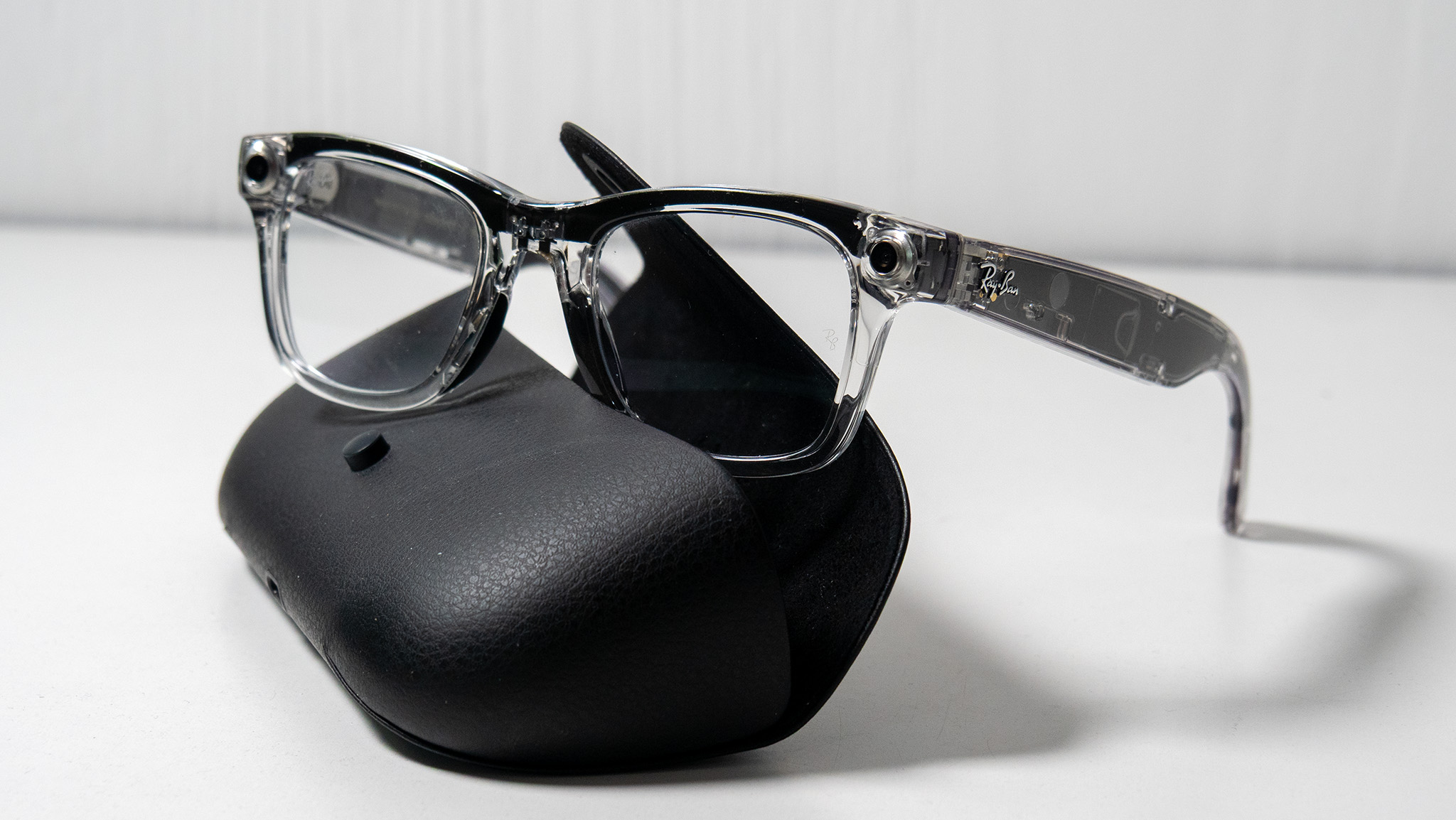Blue Origin's Recent Space Flight Stunt Criticized for Vanity and Timing Amid NASA's Struggles

In an unexpected twist, a recent space tourism flight organized by Blue Origin, the aerospace company founded by Jeff Bezos, has drawn significant criticism for its perceived frivolity and lack of relevance, particularly in light of NASA's ongoing challenges. This flight featured a star-studded cast, including Bezos' fiance, Lauren Snchez, and pop sensation Katy Perry, alongside four other women, who donned specially designed 'space suits' that elicited comparisons to fashion rather than function. Were going to have lash extensions flying in the capsule, Snchez gleefully proclaimed, while Perry cheekily added, We are going to put the ass in astronaut.
While their playful banter might seem harmless, it raises questions about the appropriateness of such a spectacle during a time when NASA faces severe budget cuts and structural challenges. The irony was not lost on observers, as the flight's theatricality starkly contrasted with the realities of space exploration funding. In a landscape where companies like SpaceX and Blue Origin operate under a commercial spaceflight system established by the Commercial Crew Program, NASA has found itself increasingly reliant on private contractors to transport astronauts to space. This shift, initiated in 2014, was framed as a cost-saving measure, yet it has left the agency vulnerable and dependent on the whims of the private sector.
Critics argue that the Commercial Crew Program exemplifies a critical failure in American policy, effectively transferring the responsibility of manned spaceflight from a government agency to private entities driven by profit motives. As this reliance deepened, instances of technical failure began to emerge. Boeings Starliner, for instance, stranded astronauts in space due to a malfunction, requiring a rescue by SpaceX. Meanwhile, SpaceX's Elon Musk has faced scrutiny for various controversies, yet his company continues to dominate the sector due to NASA's reliance on its technology.
On the other hand, Blue Origin has struggled to establish a competitive foothold in the space industry, garnering only a fraction of the funding and success achieved by SpaceX. Despite being founded two decades ago, the company has conducted limited crewed launches and primarily functions under the shadow of its more successful rival.
The recent Blue Origin flight, which reportedly carried a ticket price of around $28 million per seat, has been described as more of a vanity project for Bezos and his partners than a groundbreaking leap in space exploration. For context, Dennis Tito's 2001 trip to the International Space Station cost him $20 million, offering a far more substantial experience than Blue Origins suborbital jaunt that barely crossed the Krmn Line and lasted only 11 minutes. While the view of Earth from space is undoubtedly awe-inspiring, many observers question the value of such a brief flight that lacks the scientific merit of previous missions.
Adding to the absurdity, some have pointed out that Snchezs participation in the flight raises eyebrows, particularly given her close personal relationship with Bezos. This perceived nepotism fuels the narrative that the event was less about innovation and more about lavish self-indulgence. Broadcaster Gayle King, another participant in the flight, responded defensively to criticisms, questioning the naysayers, Have yall been to space? Go to space or go to Blue Origin and see what they do and then come back and say, This is a terrible thing. However, such comments ring hollow amid growing economic struggles, with rising inflation and a precarious job market limiting access to these extravagant experiences for the general public.
In a bizarre twist, Perry has also engaged in a spat with Wendys over social media comments, further emphasizing the surreal nature of celebrity culture intertwined with space tourism. Ultimately, while the individuals involved in the flight may not be the primary villains in this narrative, they have inadvertently become symbols of a broader issue: the disconnect between the elites pursuits and the pressing needs of public institutions like NASA. Jeff Bezos, in particular, faces scrutiny for his choice to engage in high-profile, attention-seeking ventures rather than leveraging his immense wealth and influence to advocate for the preservation and enhancement of government space exploration efforts.



























